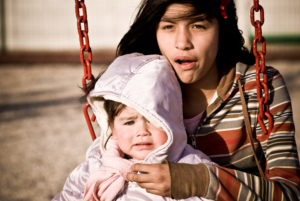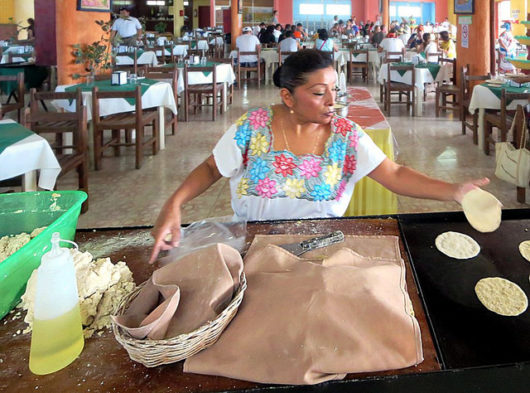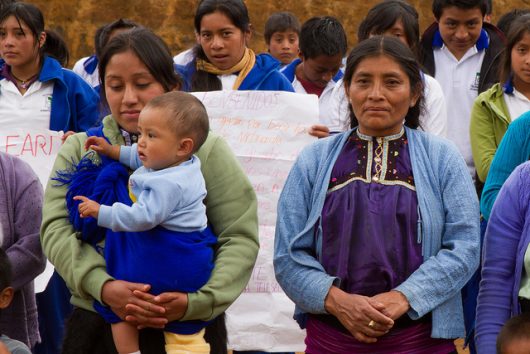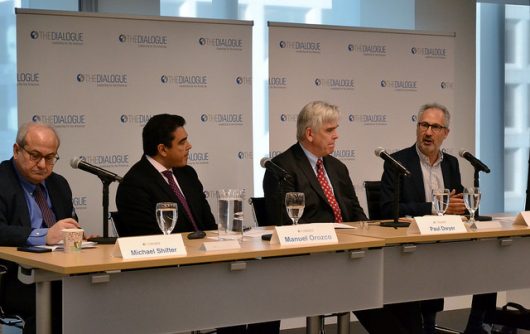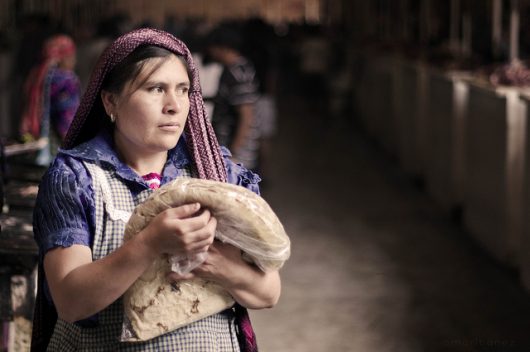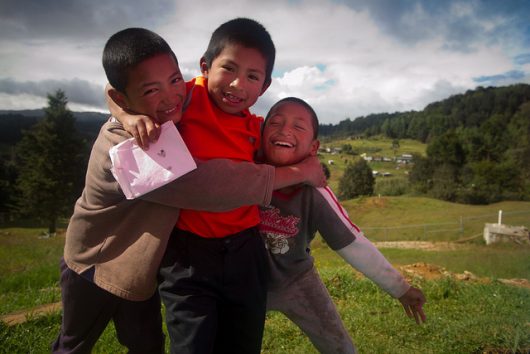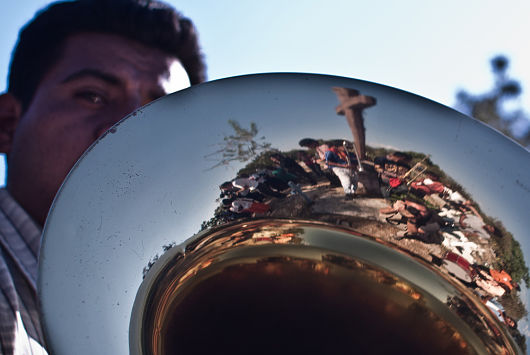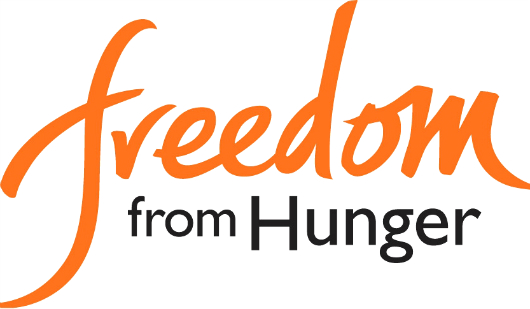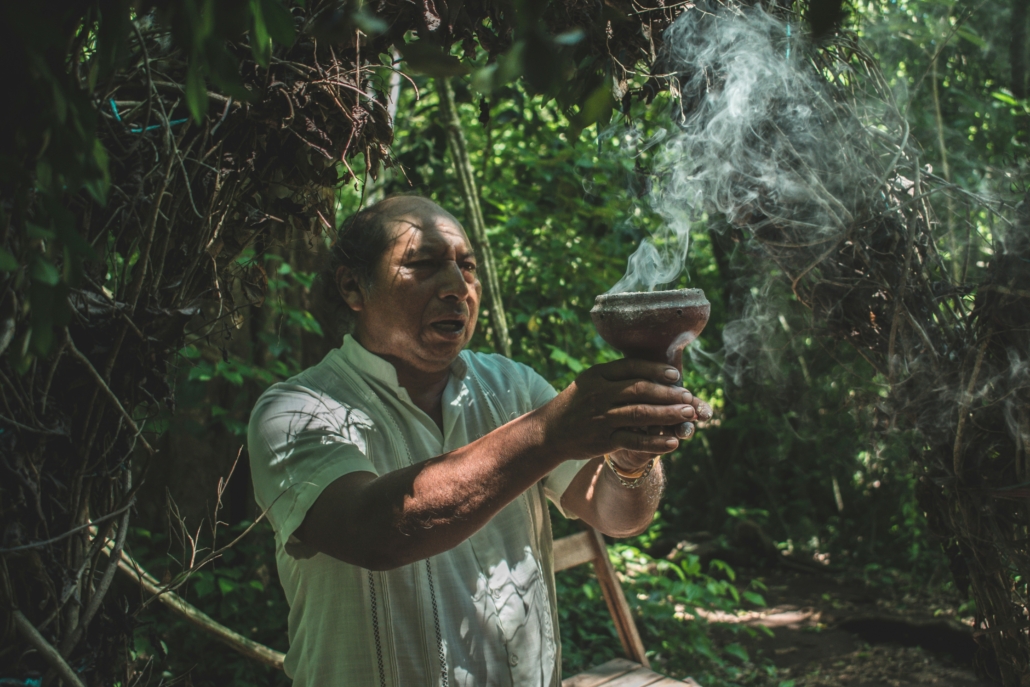 Recent data highlights that access to health care poses a significant challenge for Mayan indigenous communities in Mexico, especially in rural areas. The absence of comprehensive programs and policies tailored to improve culturally appropriate health care exacerbates this issue.
Recent data highlights that access to health care poses a significant challenge for Mayan indigenous communities in Mexico, especially in rural areas. The absence of comprehensive programs and policies tailored to improve culturally appropriate health care exacerbates this issue.
Mayan Cultural Context
In Mexico, traditional Mayan communities continue to uphold distinct perspectives on healing, which sometimes conflict with Western medical ideologies. In Mayan culture, people intricately link ill health to deities and ancestors. Mayans perceive physical well-being as interconnected with the celestial, terrestrial and subterranean realms. Consequently, health care within Mayan communities follows a communal approach, where medical decisions are not solely individual but collective decisions involving extended family members and Mayan spiritual healers known as H-men.
The Impacts of Globalization
Globalization has ushered in profitable trade and investments for numerous nations worldwide, improving public health and increasing life expectancy. However, it has also had adverse effects on the environment, exacerbated wealth disparities and fueled consumerist behavior, thereby posing threats to indigenous communities.
Mayan communities, often situated in jungle environments, grapple with limited access to health care and social services, inadequate infrastructure and substandard sanitation facilities. Consequently, many community members seek employment in the tourism hubs of Cancun or Tulum, drawn by economic opportunities.
However, the arrival of tourists brought three confirmed COVID-19 cases on March 10, 2020, prompting the implementation of social distancing measures on March 30, 2020 and ultimately resulting in the closure of the tourism industry. The Mexican government disseminated leaflets and radio announcements in the native Mayan language. However, the absence of community health centers and limited transportation options hindered the provision of adequate health care and education.
Obstacles to Health Care
Many members of Mayan communities have voiced concerns about the affordability of health care, whether from a doctor or private healer. For example, a doctor’s visit costs approximately $10 to $42, whereas a healer or herbalist typically charges between $0.5 and $26. Individuals needing medical care resorted to selling livestock to cover the costs. In contrast, hospital admissions were deemed unaffordable due to transportation expenses. Additionally, despite the proximity of several Mayan communities to health care centers, communication barriers persisted as many providers needed help to speak the Mayan language.
Moving Forward
Members of Mayan indigenous communities have emphasized the critical necessity for expanded health care resources, including additional medications, nursing staff and specialized health care providers adept at catering to rural indigenous and marginalized populations. In a pivotal move reflecting a commitment to holistic care, Zoe Robledo, the esteemed leader of Mexico’s most significant public hospital network, announced a transformative initiative in 2023 during a widely covered news conference. Under her guidance, the system pledged to recruit 753 practitioners skilled in traditional massage and herbal treatments. Furthermore, the hospitals and clinics will welcome midwives and practitioners versed in a traditional variant of chiropractic medicine.
This groundbreaking decision underscores a profound acknowledgment of the rich ancestral knowledge embedded within indigenous healing practices. Despite lacking formal licensure, these practitioners will use centuries-old wisdom to guide their therapeutic interventions. The Office of President Andres Manuel Lopez Obrador affirmed this approach, highlighting the intent to prioritize cultural heritage and community-based healing methods in health care services.
– Eva McMonigl
Photo: Unsplash
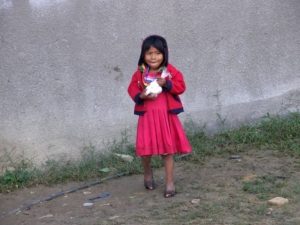 For some, poverty in Mexico is their reality. Juana, a
For some, poverty in Mexico is their reality. Juana, a 